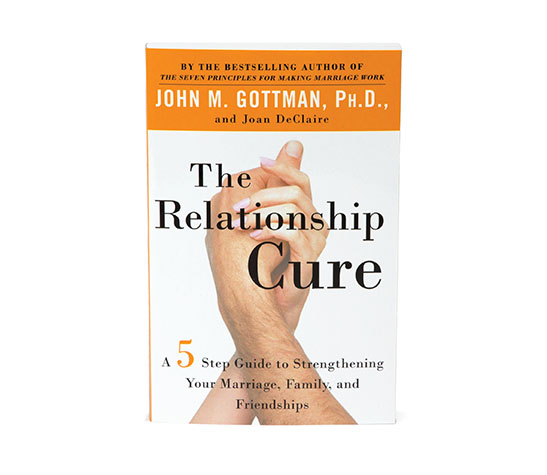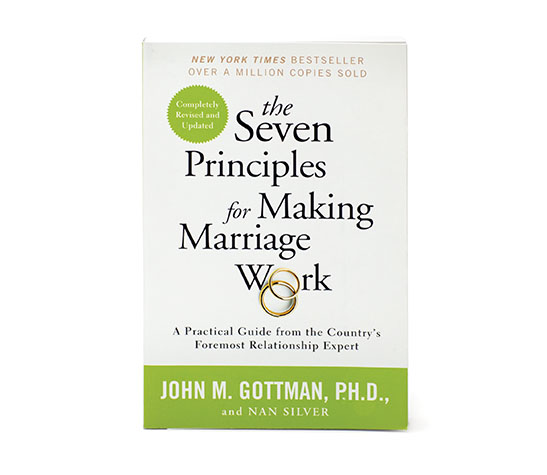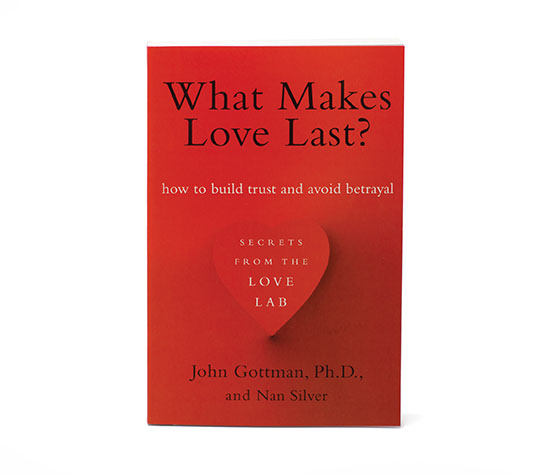The first of the Four Horsemen, and likely the most common, is criticism. It is a natural human behavior for people to seek an explanation for their negative feelings and, over time, people can develop a negative habit of mind to search for why they feel so bad. They scan their environment for other people’s transgressions and mistakes to account for their own annoyances or disappointments.
Sometimes, people keep track of their partner’s mistakes but don’t say anything so they can avoid conflict, but that really causes them to bottle up anger or frustration until it turns into resentment. Then they search for underlying patterns in their partner’s mistakes and come up with an explanation that erupts as a “you” statement of blame:
You’re always talking about yourself! You never care about what I have to say!
That, right there, is criticism, which is different than offering a critique or voicing a complaint. Complaints center on specific issues, but criticism is an ad hominem attack on your partner’s character. In effect, you are criticizing not a specific action or behavior, but your partner as a whole person. And words like always and never imply that the other person has a consistent and negative personality flaw.
Criticism can have devastating effects because it makes the victim feel assaulted, rejected, and hurt. It often causes the couple to fall into an escalating pattern where criticism reappears with greater frequency and intensity. However, a complaint addresses a specific behavior or action, and it doesn’t carry the negative charge of criticism because it doesn’t blame and, instead, expresses a need:
“We’ve talked a lot about your day. I need to vent, so could we talk about mine?”
How to avoid or counteract criticism? Use a gentle start-up!
If you are unhappy with something in your relationship, by all means, express it, but instead of attacking with criticism, you can use a gentle start-up, our recommended approach that makes a straightforward comment about a concern and expresses a need in a positive fashion. For example, here is a common criticism:
“You said you’d wash the dishes, but there’s still a pile in the sink. You never do what you say you will.”
Here is a gentle start-up, which is the opposite of criticism:
“There’s still some dirty dishes in the sink. I need you to clean them up, please.”
In other words, the antidote to criticism is to complain without blame, which is the point of a gentle start-up. Talk about your feelings by using “I” statements and expressing a positive need. Avoid using “you” statements and expressing a negative judgment, which will make your partner feel attacked. Here is an example of criticism that uses a “you” statement that criticizes with a negative judgment:
“Come on, we’re going to be late! Are you just being slow on purpose?”
And here is a gentle start-up that does not blame or criticize and makes this partner’s needs clear:
“Hey, we’re running late. It’s really important to me that we get there on time.”
The next time you need to address a problem and assert your needs, formulate your gentle start-up, or your complaint without blame, by thinking of these two questions before you approach your partner:
What do emotions do I feel?
What do I need from my partner in this situation?
What can we learn from criticism?
Because criticism is the first horseman, fighting off your urge to criticize can hold the other horsemen (defensiveness, contempt, and stonewalling) at bay. And behind every complaint lays a wish, a longing. To work towards constructive solutions and mutual fulfillment, you must both make an effort to let go of grudges and bitterness. You must give your partner the opportunity to try to “fix it” or to make a repair attempt. Instead of attacking with “you” statements and immediately putting your partner on the defensive, you must allow them to do something that may make a positive difference.
If you allow them to make that difference, it will help you connect with your partner in a healthy way through open and honest communication. Making your intentions clear in a respectful and assertive way can allow both of you to avoid needlessly hurting each other’s feelings. It’s imperative that you express your feelings fully, even when it’s hard and makes you feel vulnerable. In fact, vulnerability provides an opportunity for intimacy and connection, and instead of vilifying each other, the two of you can become a team, able to soothe and comfort one another.
When you are a team, you create solidarity in your relationship, or a sense of “we-ness.” You won’t attack each other; instead, you’ll have each other’s backs, and you can form a strong foundation of trust, respect, and loving support even when you disagree or make mistakes.
That is a worthwhile goal for any relationship, but we understand that using a gentle start-up can be very difficult given the challenges of daily life and the intensity of conflict: “People don’t usually think about what they need or what will remedy the situation. They think negatively about what their partner should stop doing to ease their own irritation or disappointment,” says Dr. John Gottman. “But the positive need is a way that their partner can shine for them.”
With that in mind, if you express your positive needs without blame, your partner can truly shine for you. And because all couples fight, learning the antidote to criticism is a way of learning how to fight better.
The next time you feel frustrated with your partner and ready to criticize them, try using a gentle start-up. You may be surprised by the improvement of responses you elicit from each other by stating your needs in a positive way. You may experience a change in the quality of your mutual understanding. By working together, the two of you can learn to apply this knowledge to make conflict discussions more productive, healthy, and more likely to reach a mutually satisfactory resolution.
How can you know you’re in a happy relationship that’s both good for your health and everyone around you? Can such a thing be measured?
The Gottman Relationship Adviser, the world’s first complete relationship wellness tool for couples, takes the guesswork out of improving your relationship. Measure your relationship health with a research-based self-assessment, then receive a tailored digital relationship plan proven to heal and strengthen your connection.
For an in-depth analysis of your relationship health check out the Gottman Assessment, a virtual relationship evaluation tool for couples.

Sign Up and Elevate Your Relationship in Just 60 Seconds
The Marriage Minute is an email newsletter from The Gottman Institute that can improve your relationship with a digestible, bi-weekly dose of helpful tips and tricks. Over 50 years of research with thousands of couples has proven a simple fact: small things often can create big changes over time.










